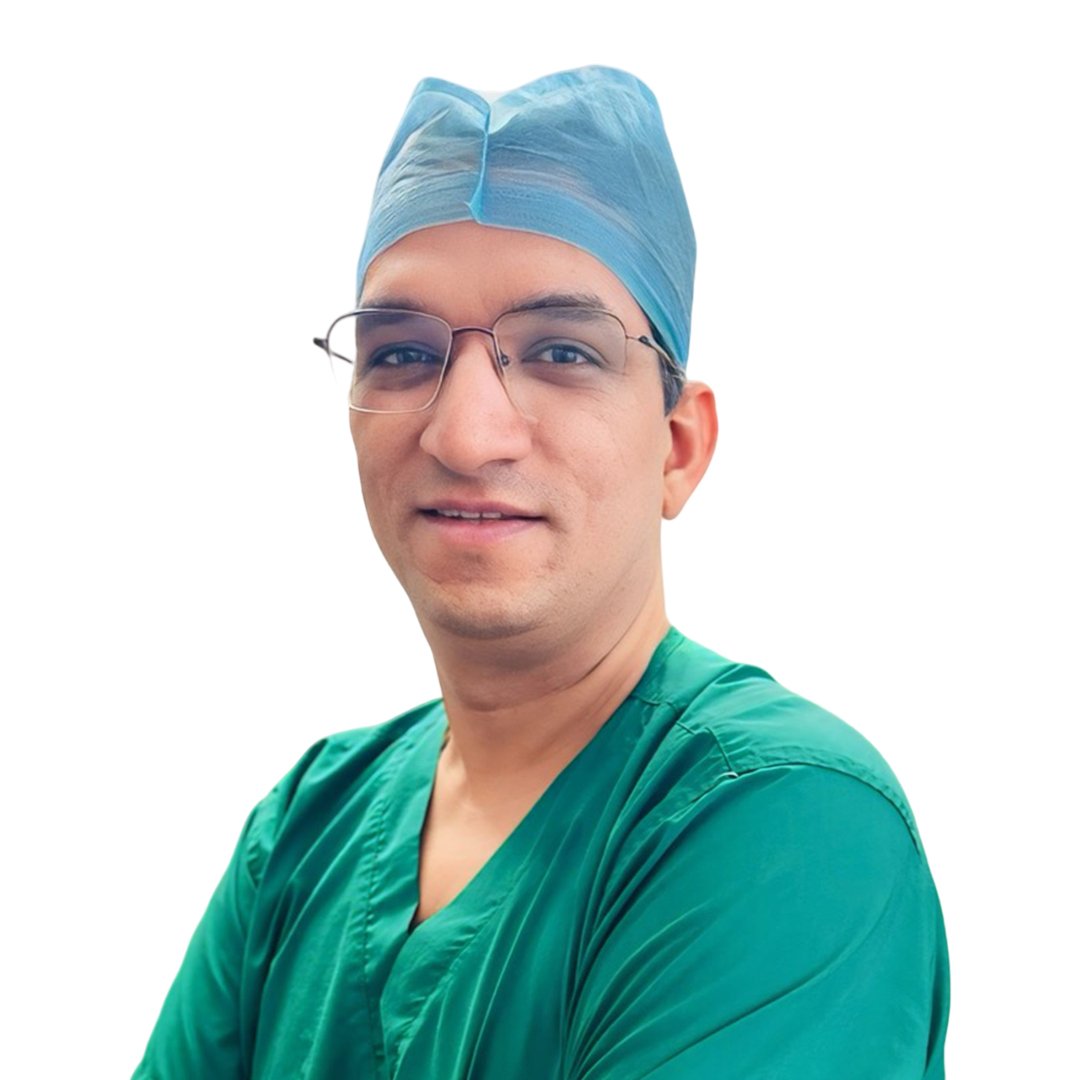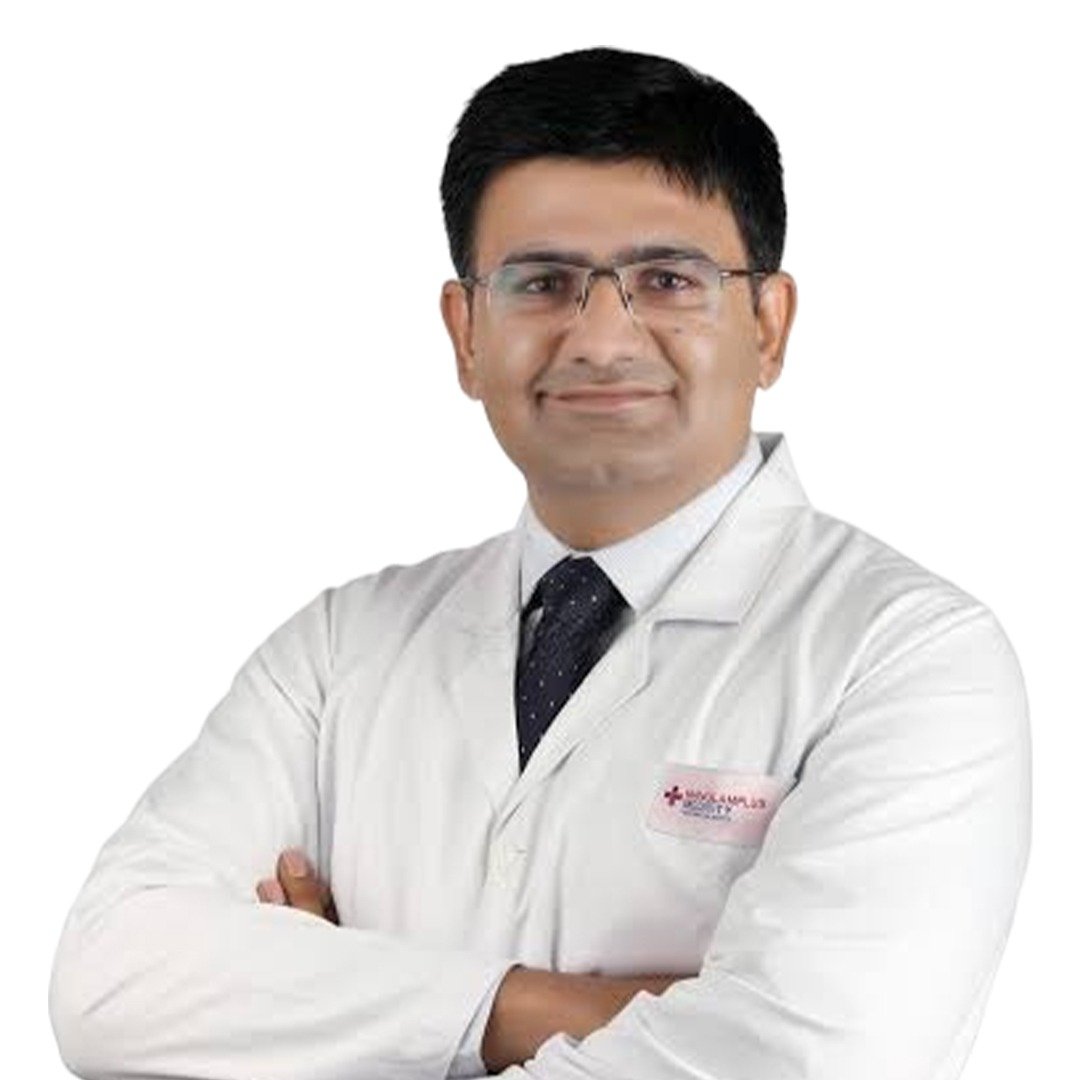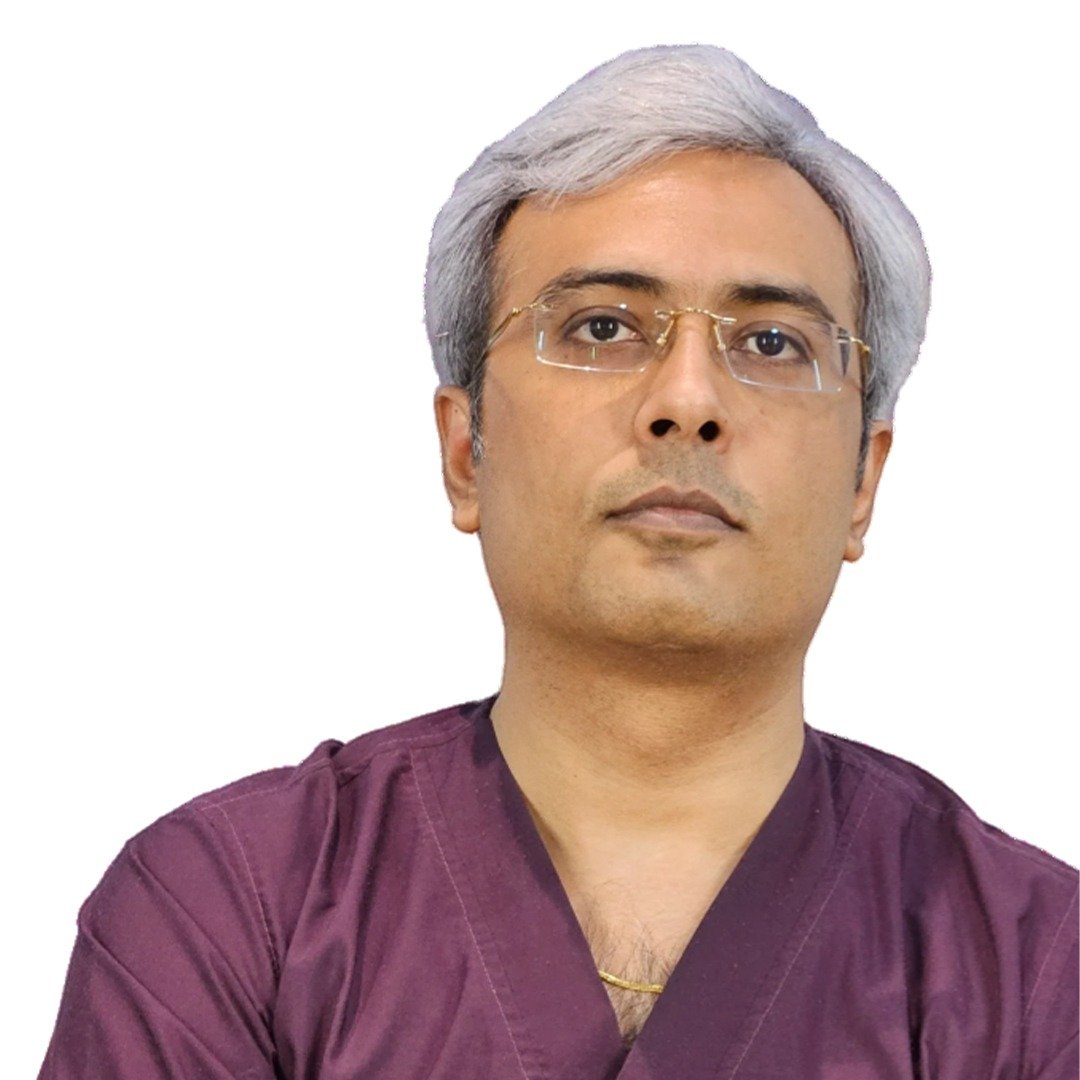Best Treatment for Insomnia In Jaipur
Insomnia, a prevalent sleep issue, can greatly disturb one’s ability to initiate, maintain, or resume sleep after waking too early. Despite spending a full night in bed, individuals with insomnia frequently experience exhaustion, affecting their energy levels, health, work performance, and overall quality of life. For those seeking the best treatment for insomnia in Jaipur, targeted solutions can help restore restful sleep and improve overall well-being.
The underlying causes of insomnia are diverse and complex, and researchers continue to explore the critical role of sleep in the body. Although a comprehensive understanding of sleep’s significance is still evolving, experts agree that insufficient sleep can lead to sleep deprivation, hindering optimal functioning.
Types of Insomnia:
Insomnia is typically categorized based on its duration and underlying cause:
- Duration: Acute insomnia is temporary, whereas chronic insomnia, also known as insomnia disorder, persists over the long term.
- Cause: Primary insomnia occurs independently, whereas secondary insomnia is a symptom of another underlying condition or circumstance.
Causes of Insomnia:
Insomnia can stem from a variety of factors, and typically, healthy individuals require 7 to 8 hours of sleep per night. Acute insomnia can be triggered by lifestyle changes or medications and is often responsive to medical intervention. Chronic insomnia, lasting for months, is usually linked to stress or stress-related life situations, certain medications, alcohol abuse, and smoking.
Although many conditions contribute to insomnia, it is treatable. Simple changes to your daily routine, along with professional guidance from the medical experts at Pinkstar Hospital, can significantly improve sleep quality. For the Best Treatment for Insomnia In Jaipur, our experienced professionals offer comprehensive care tailored to your needs.
Potential Causes and Contributing Factors:
- Genetics (Family History): Sleep traits, including insomnia, may run in families.
- Brain Activity Differences: Individuals with insomnia may have more active brain patterns or variations in brain chemistry affecting sleep.
- Medical Conditions: Both temporary illnesses (like minor infections) and chronic conditions (such as acid reflux or Parkinson’s disease) can impact sleep. Circadian rhythm disorders also contribute to this issue.
- Mental Health Conditions: Approximately half of those with chronic insomnia also experience mental health conditions like anxiety or depression.
- Life Circumstances and Changes: Stressful events, both temporary (like jet lag) and long-term (such as moving to a new home), can affect sleep patterns.
- Habits and Routine: Poor sleep hygiene, including irregular bedtime routines and caffeine consumption, can contribute to insomnia.
Symptoms of Insomnia: Recurrent symptoms indicating insomnia include:
- Difficulty falling asleep
- Frequent nighttime awakenings
- Waking up too early
- Experiencing fatigue despite obtaining a full night of rest
- Daytime sleepiness
- Irritability
- Depression and anxiety
- Difficulty concentrating and remembering things
- Accidents and increased errors
- Worrying about sleep and feeling stressed before bedtime
Diagnosis of Insomnia:
At Pinkstar Hospital, our thorough diagnostic process includes:
- Physical Examination: To identify medical issues such as thyroid disorders that could be linked to insomnia.
- Sleep Habits Review: A questionnaire to assess sleep-wake patterns and daytime sleepiness, along with maintaining a sleep journal.
- Sleep Study: If necessary, an overnight stay at our sleep care center to monitor brain waves, respiration, heartbeat, eye movements, and body movements during sleep.
For the Best Treatment for Insomnia In Jaipur, our hospital provides a range of diagnostic tools to accurately assess and treat your condition.
Risk Factors for Insomnia:
Insomnia is more common in individuals who:
- Sleep lightly
- Consume alcohol
- Feel insecure in their living environments, especially in situations involving violence or abuse
- Experience anxiety related to sleep, such as nocturnal panic attacks or nightmare disorder
Treatment for Insomnia:
Effective treatment for insomnia involves changing sleeping habits and addressing underlying issues such as stress, medical conditions, or medications. If these methods are insufficient, our medical professionals may suggest cognitive behavioral therapy (CBT), medications, or a combination of both. We offer the Best Treatment for Insomnia In Jaipur, focusing on holistic approaches to improve sleep quality.
Cognitive Behavioral Therapy (CBT):
- Stimulus Control Therapy: Encourages regular sleep schedules and avoids factors that hinder sleep.
- Relaxation Techniques: Reduces bedtime anxiety through progressive muscle relaxation, biofeedback, and breathing techniques.
- Sleep Restriction: Limits time in bed to increase sleep efficiency and reduce daytime naps.
- Paradoxical Intention: Aims to reduce worry about sleep by staying awake in bed.
- Light Therapy: Light therapy adjusts the body’s internal clock to optimize sleep patterns.
Medications:
Physicians may recommend prescription sleeping pills to help with falling asleep, staying asleep, or both. Generally prescribed for short-term use, our doctors ensure their safety and efficacy through comprehensive testing and evaluations.
For those seeking the Best Treatment for Insomnia In Jaipur, our team at Pinkstar Hospital is committed to providing personalized care and effective solutions.
Get Expert Care from the Best Doctors in Jaipur:
At Pinkstar Hospital, we offer internationally recognized treatments for insomnia. Our objective is to provide top-notch diagnosis and care to our patients. Whether addressing acute or chronic insomnia, lifestyle adjustments and medications can substantially enhance sleep quality. Our medical experts specialize in diverse areas such as polysomnography, delayed sleep phase syndrome, and REM sleep theories.
Contact us today for the Best Treatment for Insomnia In Jaipur, and start your journey towards better sleep and improved quality of life. We are dedicated to offering the Best Treatment for Insomnia In Jaipur, ensuring you receive the highest standard of care. Our comprehensive approach makes us the go-to destination for those seeking the Best Treatment for Insomnia In Jaipur.
Explore Our Main Services

Neuro Science
Studies the nervous system, focusing on diagnosing and treating brain, spinal cord, and nerve disorders to enhance understanding and treatment of neurological conditions.

General Medicine
Involves the holistic care of adults, from diagnosis to treatment, covering a wide spectrum of health conditions to ensure overall well-being and prevention from disease.

Urology
Treats urinary tract and male reproductive system disorders through surgeries like kidney stone removal and prostate procedures, aiming to improve health and quality of life.

Pathology/ Biochemistry & Microbiology
Involves diagnosing diseases by meticulously examining tissues, cells, and body fluids, providing critical insights for precise medical treatment and comprehensive patient care.

ENT
Treats ear, nose, and throat disorders, such as hearing loss and sinusitis, using advanced medical and surgical methods to significantly improve health and quality of life.

Critical Care & ICU Servises

Cardiology
Specializes in diagnosing and treating heart and blood vessel disorders, using medical and surgical interventions to manage conditions like heart disease and hypertension.

General Surgery
Covers a variety of procedures for abdominal and related conditions, focusing on diagnosis, treatment, and advanced surgical techniques to ensure effective patient care.

Nephrology
Manages kidney conditions like chronic kidney disease, kidney stones & electrolyte disorders by treatments such as dialysis and transplantation, aiming to improve patient health & well-being.

Gastroenterology
Focuses on diagnosing and treating digestive system disorders, including conditions affecting the stomach, intestines, liver, and pancreas, to improve digestive health.

Trauma & Emergency
The trauma and emergency department provides immediate, life-saving care with advanced technology and expert staff, ensuring rapid and effective treatment 24/7 for all critical medical conditions and emergencies.

Radiology- CT/MRI
Uses imaging techniques like X-rays, MRI, and CT scans to diagnose and treat medical conditions, providing critical information for effective patient care.

Orthopaedic / Joint Replacement / Arthroscopy
Focuses on treating musculoskeletal issues through surgical and non-surgical methods, aiming to restore mobility and improve quality of life.

Gastroenterologist Surgery
Treats digestive disorders through advanced surgical procedures like appendectomies and liver transplants, significantly improving digestive health of patients and their overall well-being.

Plastic Surgery
Enhances appearance and function through a variety of cosmetic and reconstructive procedures, significantly improving the quality of patients’ lives and boosting their confidence.

Oncology
Specializes in diagnosing and treating cancer, utilizing therapies such as chemotherapy, radiation, and surgery to manage and eradicate tumors and improve patient outcomes.

Physiotherapy
Uses exercises and therapies to rehabilitate movement, treat injuries such as sports injuries and chronic pain, and aid post-surgical recovery, effectively promoting healing, mobility, and overall functional improvement.

Gynecology
Gynecology focuses on women’s reproductive health, treating menstrual issues, infertility, pregnancy, and menopause for overall well-being.
Meet Our Specialists
FAQs
Insomnia is a sleep disorder characterized by difficulty falling asleep, staying asleep, or waking up too early and not being able to get back to sleep. It can result in poor sleep quality and lead to daytime fatigue, mood disturbances, and impaired functioning.
Insomnia can be caused by various factors, including:
- Stress and anxiety: Worries about work, school, health, or family can keep your mind active at night.
- Poor sleep habits: Irregular sleep schedules, naps, stimulating activities before bedtime, and uncomfortable sleep environments.
- Medical conditions: Chronic pain, asthma, arthritis, diabetes, and heart disease.
- Medications: Some medications for asthma, allergies, depression, high blood pressure, and ADHD can interfere with sleep.
- Lifestyle factors: Caffeine, nicotine, alcohol consumption, and lack of physical activity.
Insomnia is diagnosed based on a thorough medical history, sleep history, and physical examination. Doctors may ask about sleep patterns, daily routines, and any stressors. They might also recommend keeping a sleep diary. In some cases, sleep studies (polysomnography) or actigraphy may be conducted to gather more detailed information about sleep patterns and disturbances.
Treatment for insomnia depends on the underlying cause and may include:
- Cognitive behavioral therapy for insomnia (CBT-I): This is a structured program that helps individuals change thoughts and behaviors that cause or worsen sleep problems.
- Medications: Prescription sleep aids or over-the-counter sleep medications can be used short-term, but they are not typically recommended for long-term use due to potential side effects and dependency.
- Lifestyle changes: Establishing a regular sleep schedule, creating a restful sleep environment, limiting exposure to screens before bedtime, and avoiding caffeine and heavy meals before bed.
- Relaxation techniques: Mindfulness, meditation, deep breathing exercises, and progressive muscle relaxation.
Improving sleep hygiene involves making changes to your daily habits and environment to promote better sleep. Here are some tips:
- Stick to a sleep schedule: Go to bed and wake up at the same time every day, even on weekends.
- Create a bedtime routine: Engage in relaxing activities, such as reading or taking a warm bath, before bed.
- Optimize your sleep environment: Keep your bedroom cool, dark, and quiet, and invest in a comfortable mattress and pillows.
- Limit naps: If you need to nap, keep it short (20-30 minutes) and avoid napping late in the day.
- Be mindful of food and drink: Avoid large meals, caffeine, and alcohol close to bedtime.
- Get regular exercise: Engage in physical activity during the day, but avoid vigorous exercise close to bedtime.






